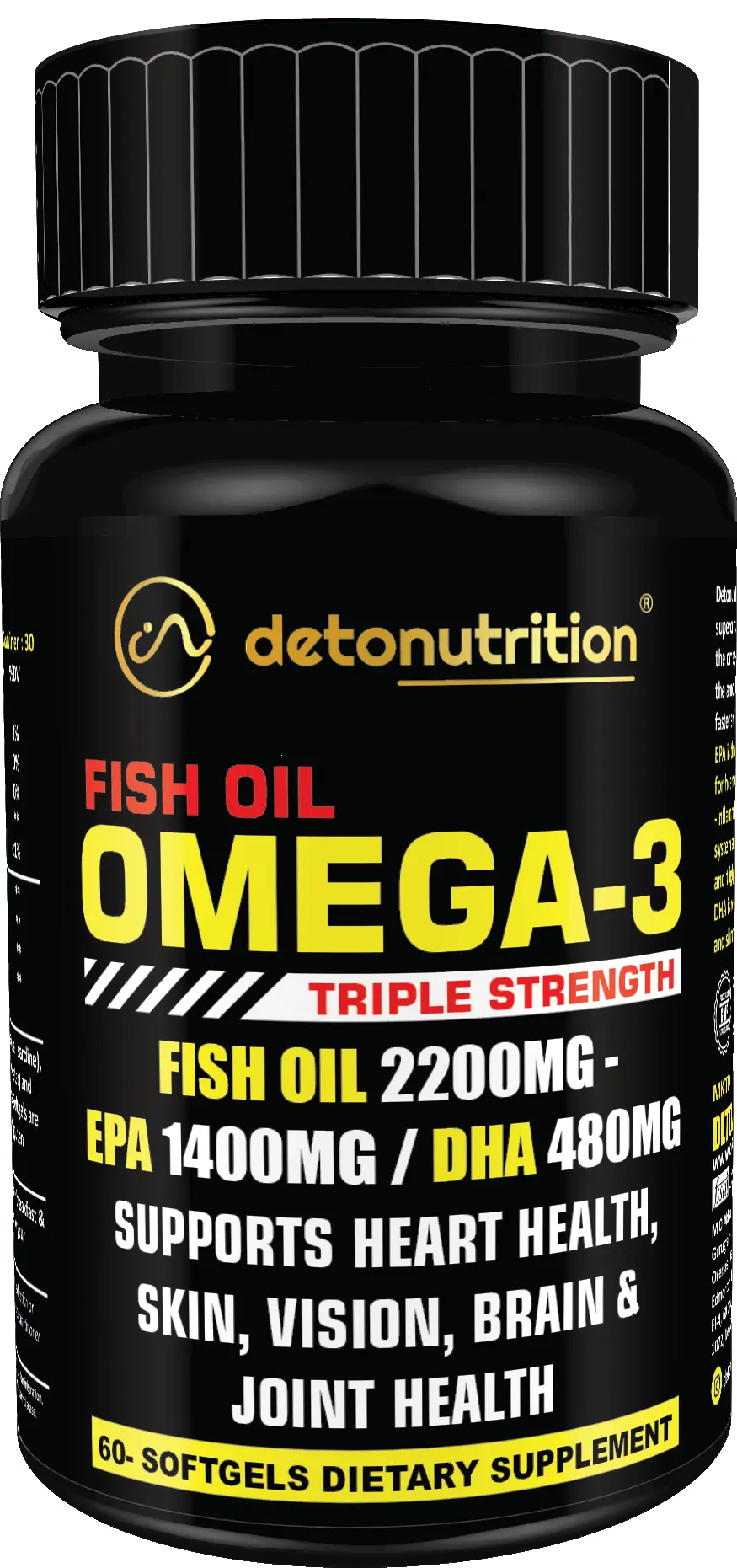Is It A Good Idea To Take Coffee Before Workout?
We all know the feeling of a slow morning and when our batteries charge up slowly. Coffee often becomes our saviour, promising a much-needed energy boost and giving us the required kick to start our day. But is coffee before a workout really a good idea? Can that cup of joygive you the edge you need, or might it leave you jittery and crashing later? This comprehensive guide dives deep into the world of caffeine before workout (coffee as a pre workout), exploring its benefits, drawbacks, and how to find the perfect coffee-workout combo for you. So, ditch the confusion and brew up some knowledge before your next sweat session!
Read This Article - How To Make Forearms Stronger And Bigger?
The Science Behind the Buzz: How Coffee Impacts Your Workout
Coffee's magic ingredient is caffeine, a natural stimulant that works its wonders in several ways:
1. Boosts alertness and focus
Caffeine blocks an inhibitory neurotransmitter called adenosine, making you feel more awake and mentally focused. This can be especially helpful for early morning workouts when you're still dragging yourself out of bed.
2. Increases energy expenditure
Caffeine can slightly increase your metabolic rate, meaning your body burns more calories during exercise.
3. Improves muscle performance
Studies suggest caffeine might improve performance in activities like high-intensity interval training (HIIT) and endurance exercises like running.
4. Reduces fatigue
Caffeine can help you push through fatigue and extend your workout duration, particularly during longer sessions.
Brewing Up Benefits: Why Coffee Might Be Your Pre-Workout Ally
Here's how a pre-workout coffee can benefit your gym session:
1. Enhanced Performance
Whether you're lifting weights or hitting the treadmill, coffee might give you that extra edge to perform better.
2. Increased Motivation
Feeling more awake and focused can translate into higher motivation to get to the gym and crush your workout.
3. Improved Endurance
Coffee can potentially help you train harder for longer, allowing you to maximize your gym time.
4. Reduced Muscle Soreness
Some studies suggest caffeine might reduce muscle soreness after exercise, aiding in faster recovery.
Read This Article - BCAAs Vs EAAs: Which Is Best For Your Muscle Growth?
Not All Beans Are Created Equal: Choosing the Right Coffee for Your Workout
Not all coffees are created equal. Here are some factors to consider when choosing coffee before workout:
1. Roast
Lighter roasts tend to have more caffeine than darker roasts.
2. Caffeine Content
Check the label for caffeine content. Aim for around 30-50mg for a moderate boost.
3. Added Sugars and Creamers
Sugary coffees can lead to a crash later. Opt for black coffee or minimal added sugar.
How Much Amount of Coffee Before Workout Is Good Enough?
While coffee offers potential benefits, too much can have downsides. Here's how to find out what works best for you:
1. Individual Sensitivity
Everyone reacts differently to caffeine. Start with a small amount (around 50mg) and see how you feel.
2. Type of Workout
High-intensity workouts might require more caffeine than lower-intensity sessions.
3. Listen to Your Body
Pay attention to jitters, anxiety, or stomach upset. Adjust your coffee intake accordingly.
Other Alternatives ToCoffee Before Cardio
If for some reason, coffee isn’t that pre workout friend that you’re looking for, don’t worry! Coffee isn't the only pre-workout option. Here are some alternatives:
1. Green Tea
Offers a smaller caffeine dose with L-theanine, promoting alertness without jitters.
2. Pre-Workout Supplements
Formulated with caffeine and other ingredients to enhance performance, there are many pre work supplements available to choose from. But the best and safest one is Deto Intense Pump which gives the much needed pre and post workout fuel to your body, with the power of herbs. It ensures quick recovery for enhanced energy levels to give your everyday performance a big boost.
3. Natural Energy Boosters
Bananas, berries, and oatmeal provide sustained energy without the caffeine crash.
The Final Drip: Coffee Before Workout – Yay or Nay?
The answer depends on you! Coffee can be a great pre-workout tool for many, offering an energy boost and performance enhancement. However, listen to your body, find your ideal dosage, and consider alternatives if coffee doesn't agree with you. Remember, a healthy pre-workout routine goes beyond just caffeine. Don't forget proper hydration, a nutritious meal, and a solid warm-up to optimize your workout experience!
Ready to Brew Up Success?
By understanding the science behind coffee and its impact on workouts, you can make informed choices. Experiment, find your perfect workout combo, and unleash your inner fitness champion!





